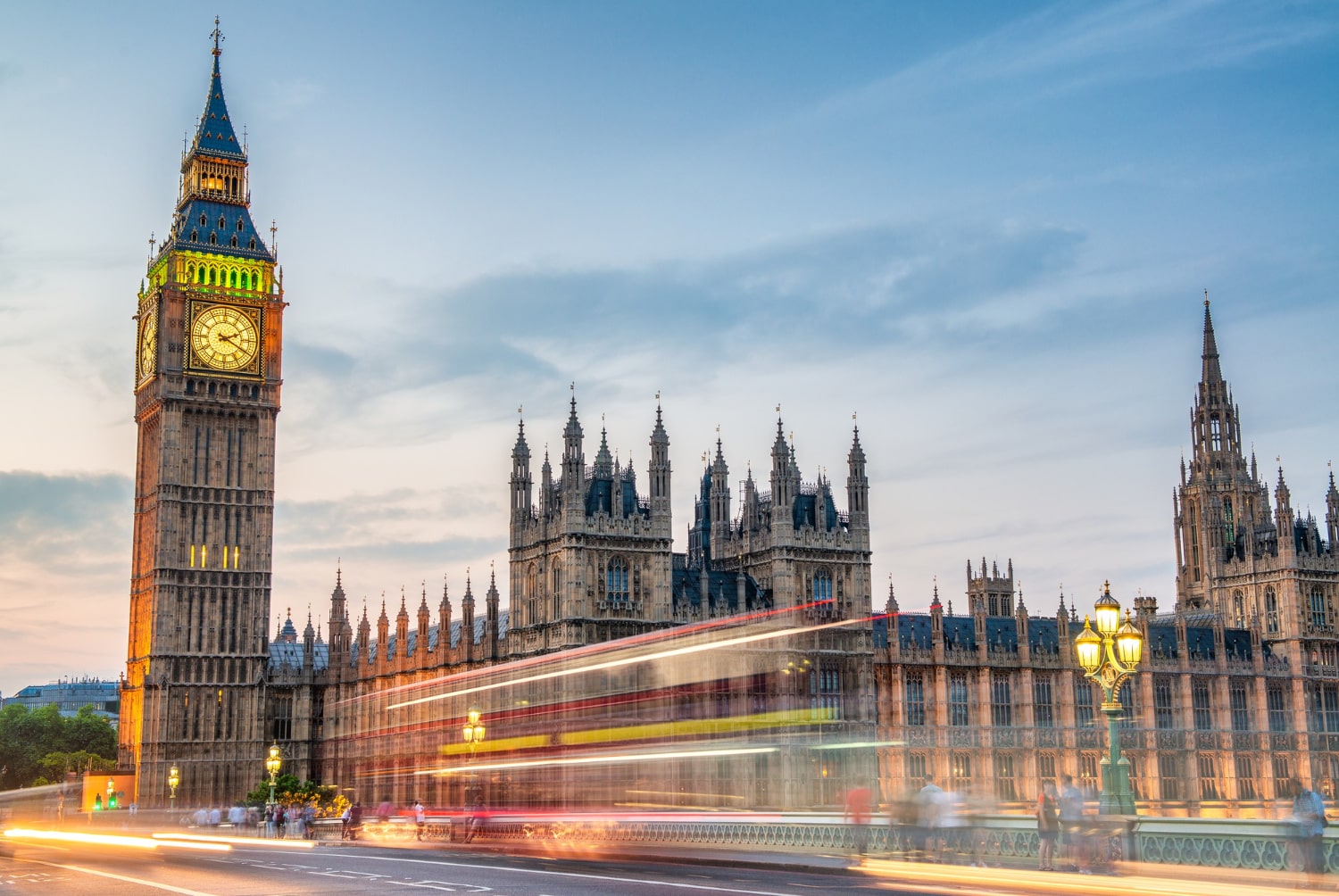
34 interesting facts about London Tower
- 👁️ 2182
The Tower of London, officially known as Her Majesty’s Royal Palace and Fortress of the Tower of London, is a historic castle with a past steeped in intrigue, power, and mystery. Located on the north bank of the River Thames in central London, the Tower’s history dates back over a thousand years. It has served variously as a royal residence, prison, treasury, mint, and even a zoo. Its unique combination of roles has cemented the Tower as a symbol of British history and an enduringly popular tourist attraction. Here are more than 34 fascinating facts about the Tower of London:
- The Tower of London was founded towards the end of 1066 by William the Conqueror.
- The White Tower, which gives the complex its name, was built by William the Conqueror in 1078.
- It has been a prison, housing famous prisoners like Anne Boleyn, Sir Thomas More, and Guy Fawkes.
- The Crown Jewels are housed in the Tower, a collection that’s still in use by the British monarchy.
- The Tower has served as the Royal Mint from the reign of Edward I until 1810.
- At various times, the Tower has housed a menagerie of exotic animals including lions, elephants, and polar bears.
- The phrase “in the Tower” was coined to mean being imprisoned.
- There have been several successful and unsuccessful escape attempts from the Tower throughout history.
- The Tower was once home to a Royal Observatory in the 17th century.
- The Ravens of the Tower are famous, and legend has it that if they leave, the kingdom will fall.
- There are currently seven ravens at the Tower; their wings are slightly clipped to prevent them from flying away.
- Yeoman Warders, also known as Beefeaters, are the ceremonial guardians of the Tower.
- The last execution at the Tower was that of German spy Josef Jakobs in 1941.
- During both World Wars, the Tower was used as a prison for captured enemy soldiers.
- There have been reports of ghost sightings, including Anne Boleyn, who was executed on Tower Green in 1536.
- The Tower’s moat was drained in 1830 and was found to contain a large number of human bones.
- The Koh-i-Noor diamond, part of the Crown Jewels, is housed in the Tower.
- The Tower Bridge, an iconic symbol of London, is often mistakenly referred to as the Tower of London.
- The Tower has been besieged several times, and controlling it has been key to controlling the country.
- The White Tower was once the tallest building in London.
- During the 1200s, the White Tower served as a royal residence.
- The Tower was expanded several times by Richard the Lionheart, Henry III, and Edward I.
- The Tower is home to over 23,500 jewels, collectively worth over £20 billion.
- The Ceremony of the Keys is a nightly event that has taken place for at least 700 years, symbolizing the secure locking of the Tower.
- The Chapel Royal of St. Peter ad Vincula is the burial place of several individuals executed in the Tower.
- The Tower was damaged during the Blitz in World War II but was repaired and restored.
- The Princes in the Tower were two sons of Edward IV who disappeared in the Tower, and their fate is still a mystery.
- The Tower was used as a royal palace by many medieval monarchs.
- The Tower’s White Tower is one of the best-preserved examples of Norman military architecture.
- Over 2.8 million people visit the Tower of London annually.
- The Tower has been depicted in various plays, including some by Shakespeare like “Richard III.”
- UNESCO designated the Tower as a World Heritage Site in 1988.
- There is a superstition that the six ravens must remain at the Tower to prevent a great disaster in Britain, so there is always a spare raven kept.
- The Tower has also served as an armory and housed a wide array of weapons.
The Tower of London stands as a testament to the turbulent and multifaceted history of England. With its roles ranging from royal palace to prison, treasury to menagerie, the Tower’s past is as rich as it is intriguing. These facts illuminate various aspects of the Tower, from its architecture to its residents, its treasures to its legends. As a microcosm of British history, the Tower continues to draw visitors from around the world, fascinated by the stories and secrets that its ancient stones still seem to whisper.











